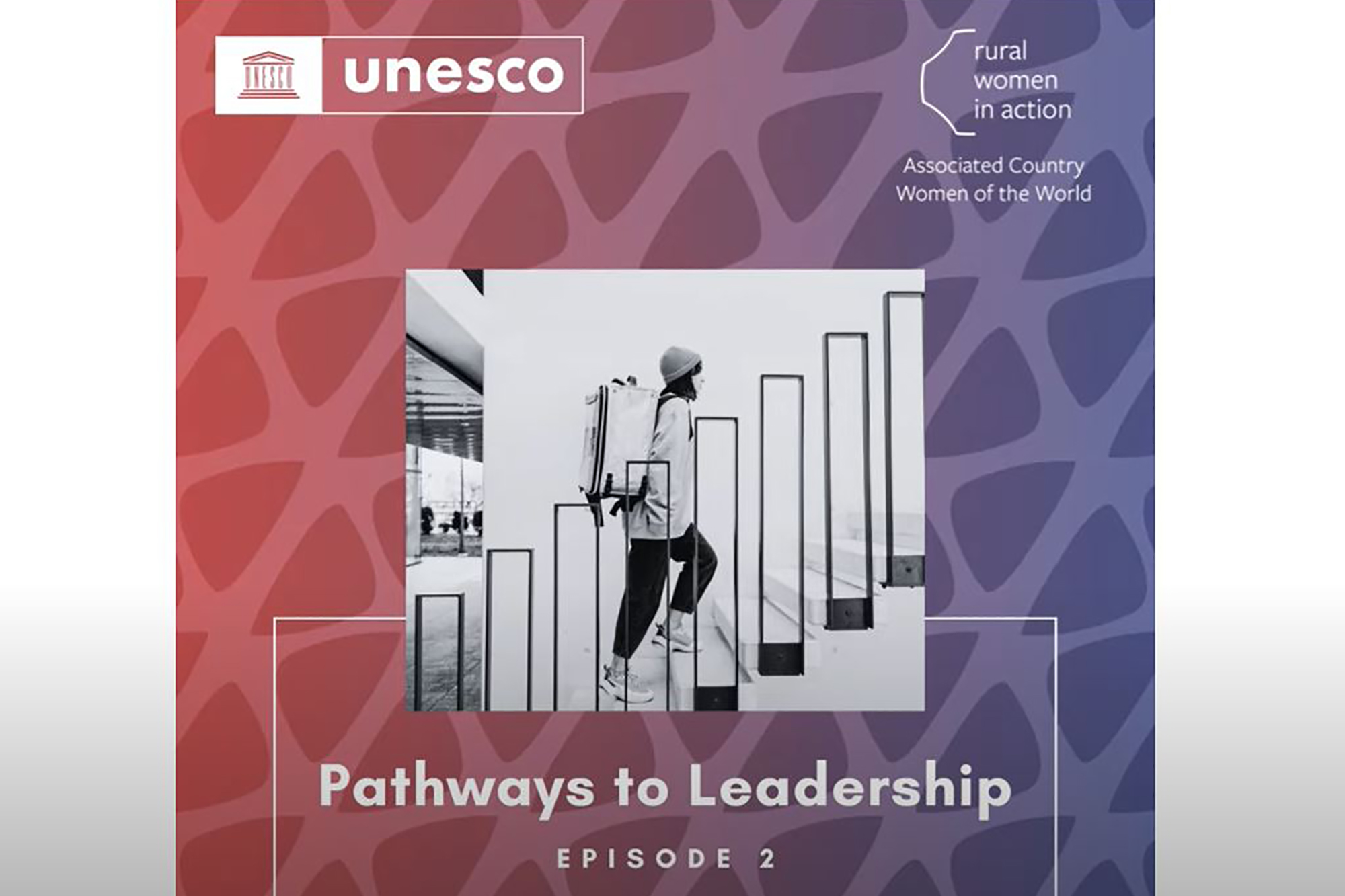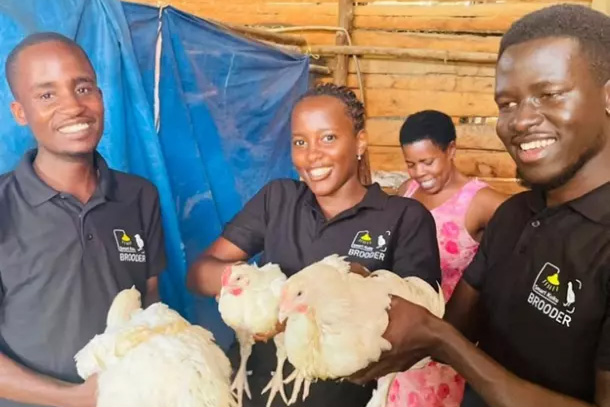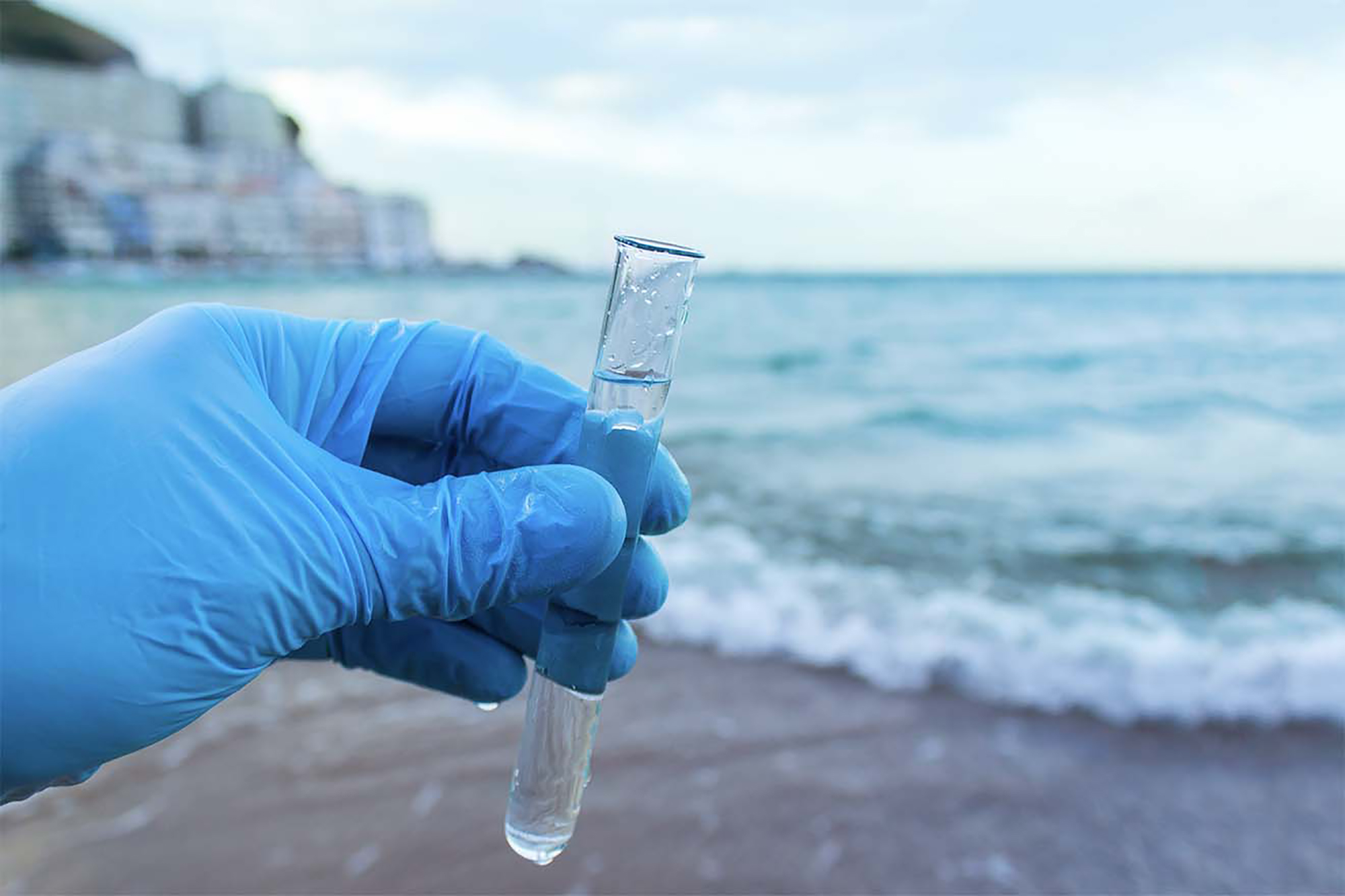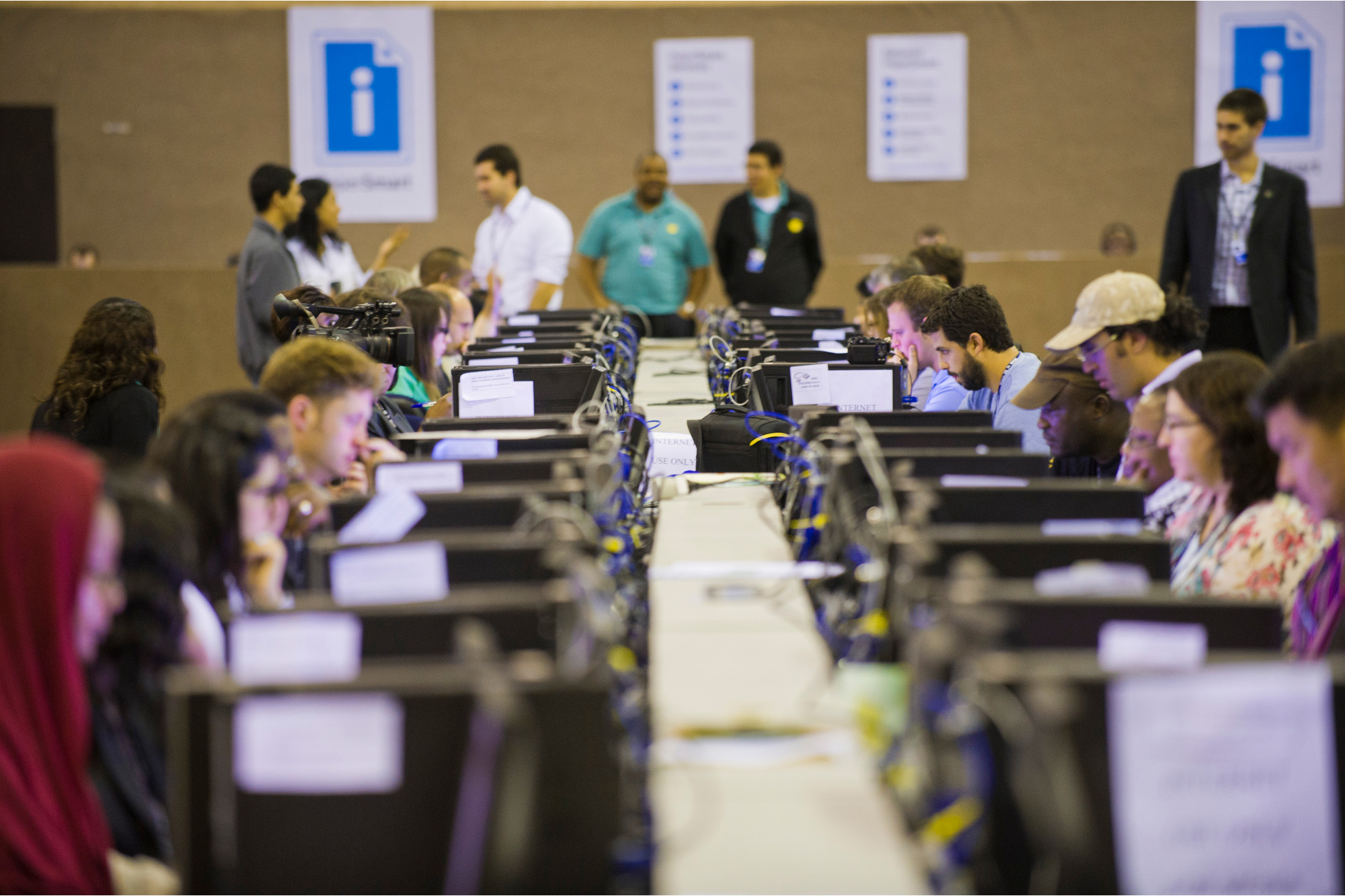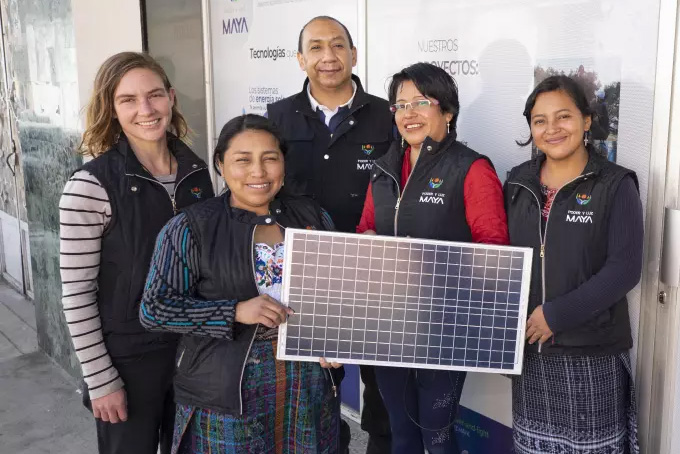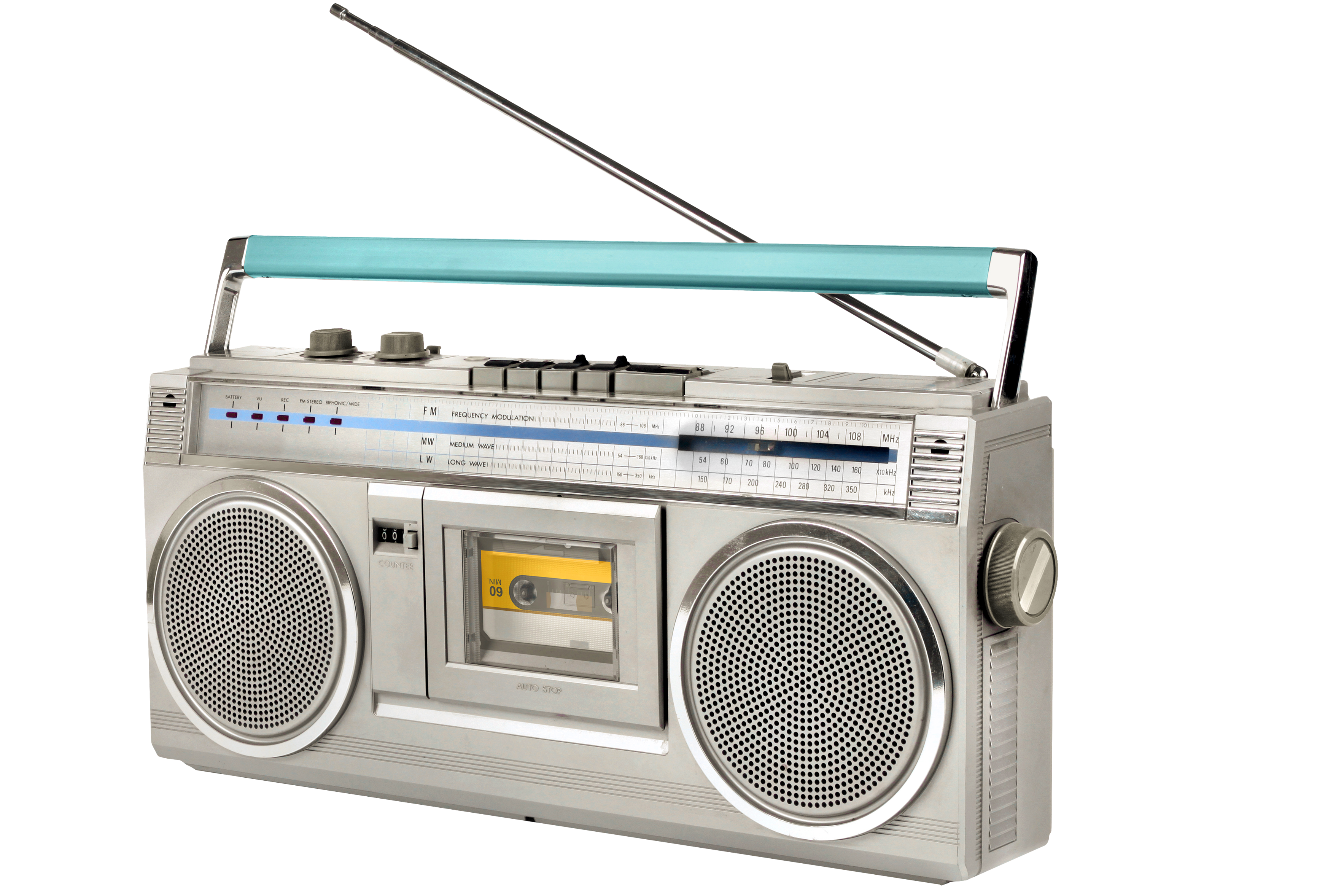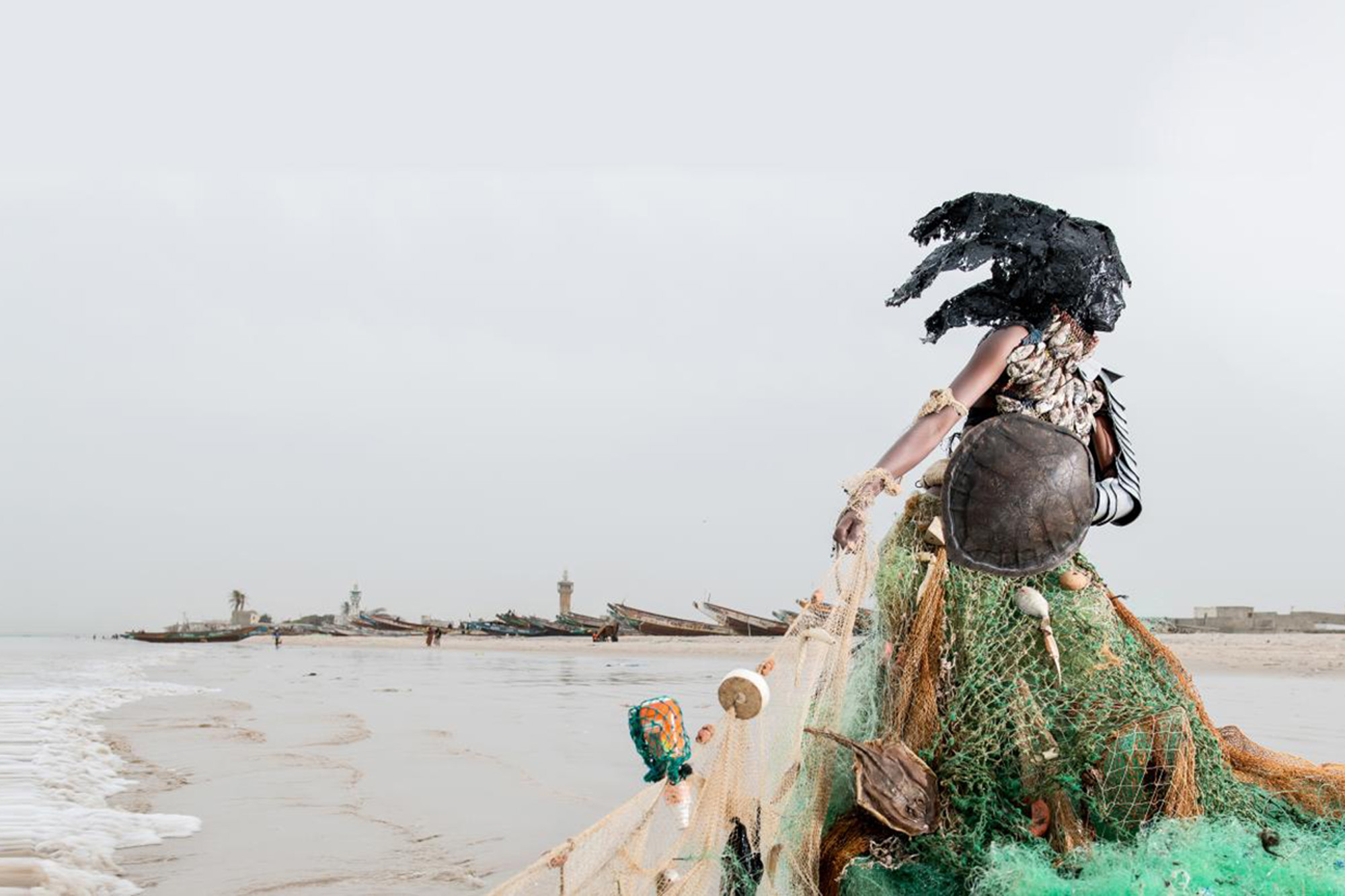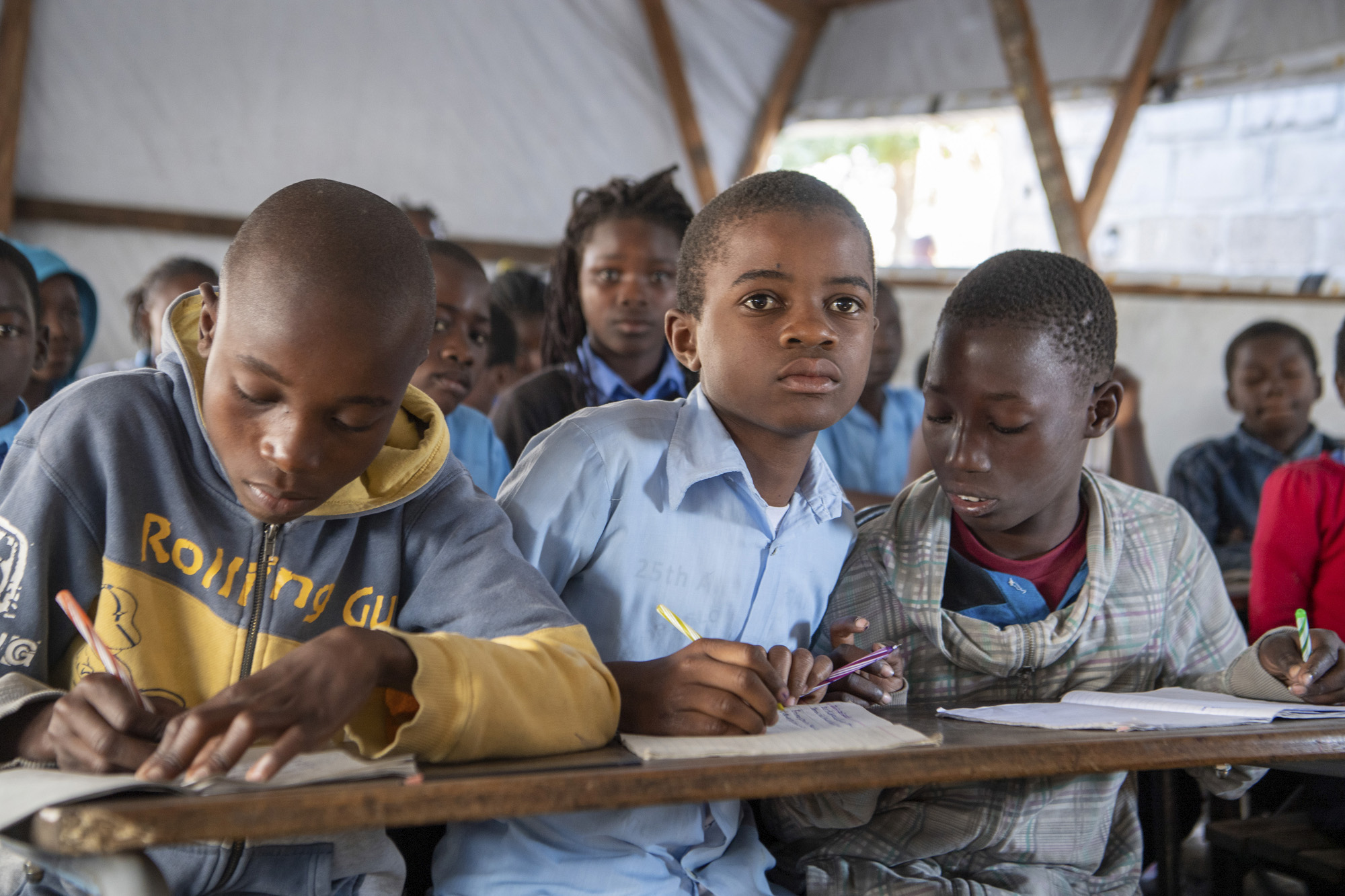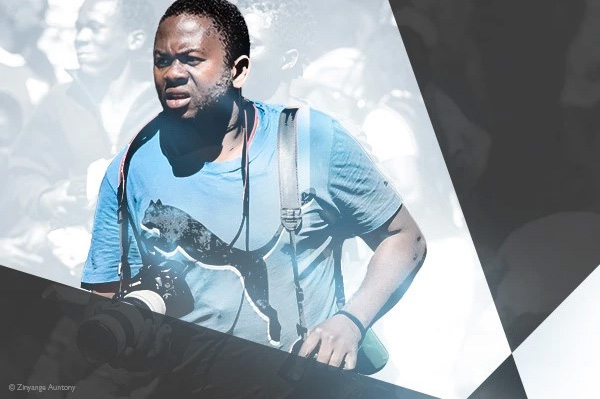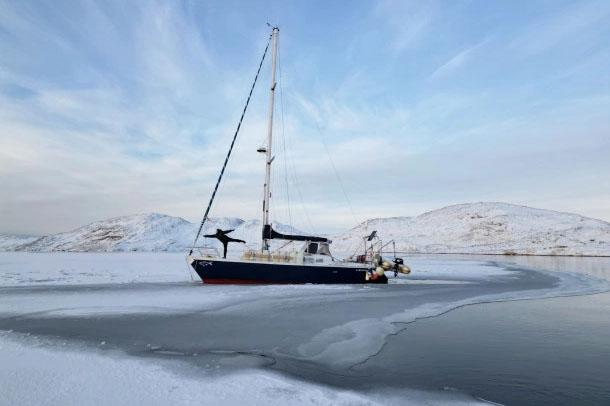Released for 2024 International Women’s Day, “Her Education, Our Future” is a documentary film following the lives of Anee, Fabiana, Mkasi and Taina – four young women across three continents who struggle to fulfill their right to education
UNESCO
UNESCO’s "Leadership for Equality" podcast features inspiring discussions on gender equality. Blanca Jiménez Cisneros (Ambassador of Mexico to France) talks about the role of gender equality in shaping diplomatic endeavors; Tugrug Uugan-Erdene (Director of Sain Tus Development Bridge NGO, Mongolia) discusses grassroots advocacy and intergenerational dialogue; her daughter Khongorzul Batsukh highlights the importance of youth leadership training and role models, and Judith Juma presents her documentary film on women in politics in Kenya.
Ugandan engineering students founded the innovative Smart Kuku Brooder startup, transforming poultry farming and fostering youth entrepreneurship through skills development initiatives.
The ocean's challenges are immense and no single nation or sector can tackle them alone. Three years into the UN Decade of Ocean Science for Sustainable Development (2021-2030), it is time to address key questions about its progress: What have been the main achievements since the launch of the Decade? What should be the key areas for action in the coming years? The 2024 Ocean Decade Conference, taking place in Barcelona (10-12 April), aims to enhance sustainable ocean management and foster science-driven innovation, with an inclusive approach that ensures no one is left behind.
UNESCO has launched a podcast series called "Think Critically, Click Wisely" to improve people's media and information literacy skills. The series has 8 episodes on various topics such as disinformation, hate speech, digital skills, AI, and privacy. Listeners can expect to gain practical insights and skills for navigating the digital world. Today's episode focuses on learning digital skills to navigate safely in digital spaces.
Ahead of World Poetry Day, 21-year-old Betelehem in Ethiopia shares her wish for a safer, more peaceful world for children and young people.
Empowering women in environmental initiatives is essential for addressing climate change, as their participation fosters innovative solutions for a more sustainable future.
Hurricane Otis highlighted the enduring relevance of radio as a lifeline during emergencies, exemplified by the Otis Brigade's efforts to locate over 100 individuals in Acapulco, Mexico, amidst power outages and communication disruptions.
Climate change pushes 158 million women and girls into poverty, making them more vulnerable to gender-based violence and less likely to access necessary resources. Women are underrepresented in decision-making positions at all levels, including in the field of climate change. A paradigm change is needed to ensure that women are in the driving seat of climate action. On the occasion of the International Day of Women in Multilateralism (25 January), UNESCO organized a global dialogue that became a platform for leaders, scientists, and activists to highlight the vital link between climate change and gender inequality.
The core message of the new UNESCO Recommendation on Education for Peace, Human Rights and Sustainable Development is that education plays a transformative role in shaping a peaceful future for all.
Education is a fundamental human right. It is a key factor in achieving gender equality and breaking the cycle of poverty that is affecting millions of people worldwide. Education can also address the root causes of hate speech and sensitize learners to its forms and consequences online and offline. However, there are still 250 million children and youth who are out of school, and 763 million illiterate adults. As the world is seeing a surge of violent conflicts paralleled by an alarming rise of discrimination, racism, and hate speech the International Day of Education (24 Jan) will be celebrated under the theme “learning for lasting peace”.
Through the UNESCO-Aschberg programme, UNESCO strives to protect and promote artistic freedom, the status of artists and cultural professionals, and to facilitate a balanced flow of cultural goods and services. Vasylyna, Nina and Evelina were among 38 Ukrainian women artists participating in arts residencies in 13 countries of Europe, in partnership with the non-governmental organization, Artists at Risk.
UNESCO figures show that 2023 has been a particularly deadly year for journalists who work in conflict zones, with killings almost doubling compared to the past three years. The last three months of this year have already been the deadliest quarter for journalists in conflict zones since at least 2007, with 27 deaths. The ongoing hostilities in the Middle East were responsible for a large majority of conflict-related killings. UNESCO is the United Nations agency with a mandate to ensure freedom of expression and the safety of journalists worldwide.
UNESCO is actively working with the youth to raise awareness about the damages of the climate crisis and find solutions to address the social impacts of climate change.
UNESCO's Youth Hackathon was a key component of Global MIL Week 2023, designed to engage and empower youths under the theme “Youth powering media and information literacy in digital spaces”.

